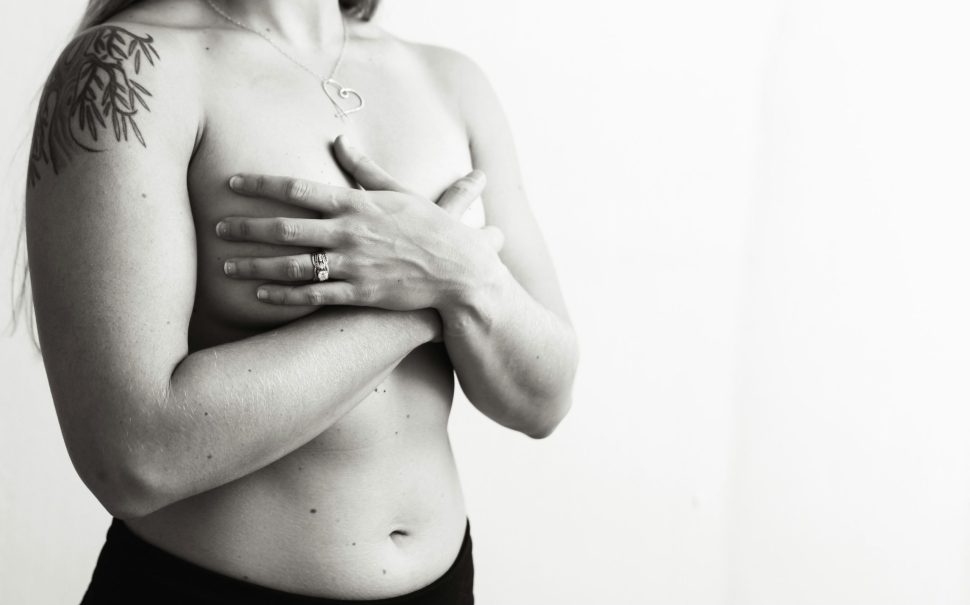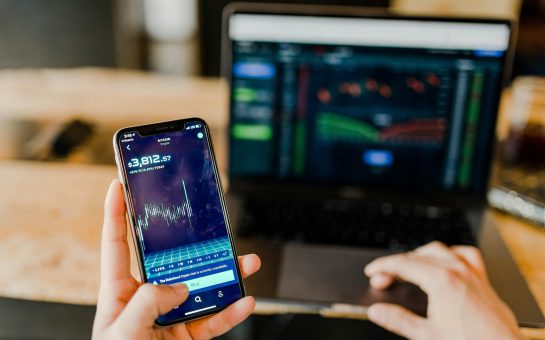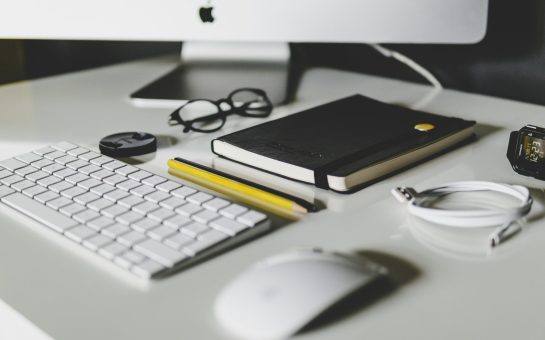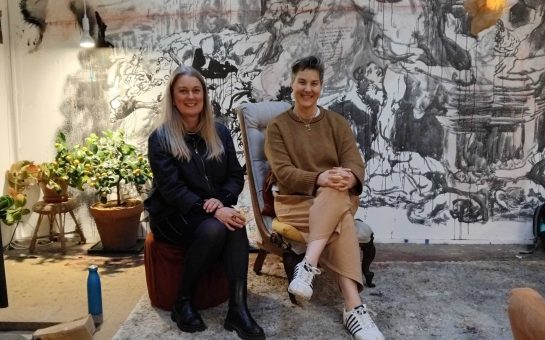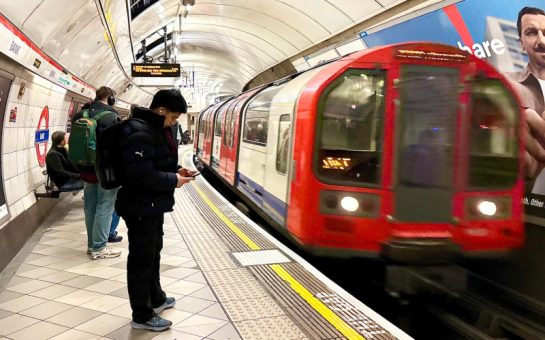For many people, breast reconstruction surgery ends without a nipple.
In a traditional mastectomy, all breast tissue including the nipple is removed to treat or prevent breast cancer.
Nipples can be reconstructed, but they don’t have the same appearance or pigmentation as a natural nipple, and missing a nipple can have profound impacts on body image and mental wellbeing.
For some it is a reminder of an extremely traumatic period of their life, for others it creates a sense of being incomplete.
Some hospitals offer semi-permanent tattoos to recreate nipples for those who have lost them to surgery.
This is usually carried out by medical professionals like nurses or technicians who undergo training to deliver these tattoos.
They use a method called transdermal micropigmentation which involves a specialised machine similar to a tattoo gun.
The machine deposits pigment into the skin closer to the surface than a traditional tattoo gun, so these tattoos eventually fade and require repeated top-ups.
It may be less commitment than a permanent tattoo, but for some people attending repeated appointments in a clinical environment can take an emotional toll.
Additionally, micropigmentation does not achieve the same levels of 3D realism that can be created by highly trained tattoo artists.
Tanya Buxton was the first traditional tattoo artist to partner with the NHS to deliver 3D nipple tattoos to patients after mastectomy at Kingston Hospital.
She branched into cosmetic tattooing, such as permanent eyeliner, eyebrow tattooing and scar camouflage tattooing after witnessing the empowering and uplifting effects it can have.
This is where she first encountered people seeking the help of tattoo artists for cosmetic purposes and her relationship with the breast cancer community began.
The impact of her 3D nipple tattoos is nothing short of life-changing, and there are often tears and transformations in self confidence following the appointment.
Buxton said: “One client went from a woman who couldn’t look at herself in the mirror to walking through my tattoo studio with no top on to show my studio manager her tattoo, because she was so proud.
“And just the way she stood, the transformation you saw in her was amazing. Just from these tattoos.
“I think it brings a bit of closure, a bit of peace, and maybe even sort of a bit of acceptance, like they can embrace their new body now, they feel more like themselves.
“They feel more complete and it gives them the confidence to go and do the things that you take for granted, like getting changed at the gym or going on a spa day with your friends, or even undressing in front of your partner.
“It’s all these things after treatment that can be a really big thing for people. They’ve gone through the life saving stuff, but then they’re left with what they’ve got to live with.
“I think that can be really hard. So the tattoos do have a huge impact on people, physically and emotionally.
“It almost has a ripple effect as well. It impacts the partners, it impacts the family, the children, because that person is more like themselves again.
“I’ve had emails from partners being, like, ‘Thank you. You’ve given me my wife back’.”
Buxton works all over the UK, including Kingston Hospital and Future Dreams Clinic in London, where she offers 3D nipple tattoos after mastectomy surgery and breast reconstruction surgery following breast cancer or BRCA diagnosis.
She also works with people in the transgender community to provide gender-affirming care.
This is all with the help of the charity she set up, the Mastectomy Tattooing Alliance, to help alleviate the financial burden of getting a tattoo.
Sonia Delwadia, one of Buxton’s clients, heard about 3D nipple tattoos through a support group called Black Women Rising. After seeing Tanya’s work online she decided that this was the type of tattoo she wanted.
Delwadia said: “The breast care nurses have so much knowledge about breast cancer and treatments and support out there, but they don’t have the same knowledge about the shading and the colouring, and you know, if your skin tone is warm or cool, or you all those things that I didn’t even think about.
“All I wanted was something to go there, and that’s that.
“Then I’d seen Tanya’s work, and just seeing the level of detail and I thought, that’s who I want, because I think it’s important that you’re comfortable.
“You’ve got to get used to how your body’s changed, and it changes in different ways. It’s not just about the mastectomy.
“It’s the treatment that you’re on, the medication. There’s a lot of things that you don’t get told about cancer, and when you are clear from cancer, it doesn’t just stop.
“There’s all the different side effects and things that people deal with. It’s just a minefield, what people go through, and I think part of the journey and that closure is to, you know, it’s weird seeing your body without a nipple.
“So it’s like that finishing piece, you know. It’s kind of another step to closure.”
It’s clear that these tattoos have immeasurable value to the people that need them and have the capacity to change lives for the better.
However, there is a lack of consistency in how these services are offered across different hospitals and regions.
In 2020, Royal College of Nurses (RCN) Cancer and Breast Care Forum chair Nikki Morris told RCN Magazine article there needs to be more consistency in who provides this care to patients.
She said: “We see semi-permanent tattoos done by breast cancer nurses, plastic surgery nurses, while other trusts contract it out to tattoo artists. There needs to be more consistency across the board.
“Although it’s lovely some tattooists offer nipple tattoos for free to people who’ve lost nipples due to breast cancer, this shouldn’t be a free service.
“It isn’t something we should be doing as an ‘add-on’. It is vital in recovery and for the mental wellbeing of people who’ve had breast cancer.”
Delwadia added: “I do think it’s important that it is rolled out more within the NHS because unless you do your research, you don’t know what’s out there.
“So people will settle for something that they might not realise, that actually there are different options for tattooing out there.”
An NHS spokesperson said: “Breast cancer surgery can have a significant impact on body image, which is why we encourage all trusts to ensure that women have access to aftercare services that are commissioned locally to best meet the needs of their patients.”
Buxton is acutely aware of the barriers to access to these tattoos and is on a mission to improve the services available.
One way she is doing this is by training other tattoo artists to provide realistic 3D nipple tattoos.
Buxton said: “It is a very specialised form of tattooing, and you can’t just learn it in a few days. It takes time and dedication to do this.
“You want it to look as good as possible, you want it to look realistic. That’s what people deserve.
“So, for me, it was important that I did a training program that I was genuinely really proud of, and people really got the time to learn with me.
“I am actually in talks with several NHS trusts now that want to sort of retrain and develop their skills to kind of improve their service for their patients as well, which is really good, really exciting as well.
“Because I know many people need this and there should be more of us.”
Jennifer Sterry was one of Tanya’s first students in 3D nipple tattooing and explained the training programme was very comprehensive.
Sterry said: “It’s a lot to take in. There’s a lot of biology on how the skin works, because obviously you’re dealing with scar tissue and things like that, which isn’t necessarily something you tackle every day in traditional tattoo.
“So, I found it really interesting learning more of the sort of science behind things, and then also having to consider colour theory in a more in depth way was really cool.”
“Me and Tanya are both quite similar. If we see someone and they start getting emotional, like crying —and it can happen quite frequently, I think, because a lot of them don’t realise how much they missed, what they lost, until they have it back — as soon as we see it, we’re both off.”
Feature image: Free to use from Unsplash
